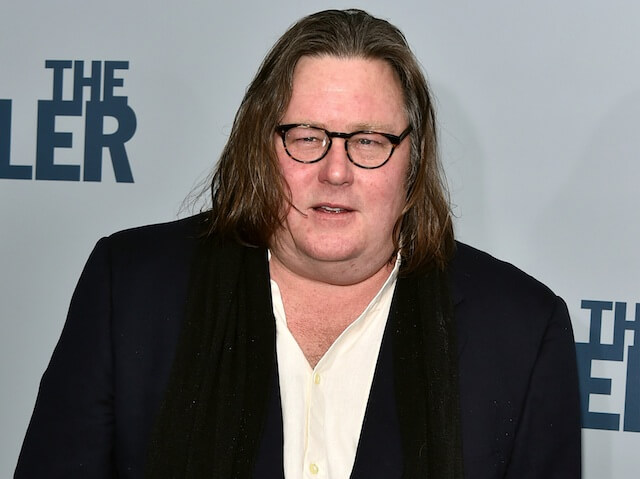William Monahan was an acclaimed writer who became an acclaimed novelist who became an Oscar-winning screenwriter who now also directs. He won for “The Departed,” and that script’s brash, pissy, sarcastic tone is all over his script for “The Gambler,” a very loose take on the 1974 drama, about an addict (there, James Caan; here, Mark Wahlberg) out for self-destruction. Monahan has already reunited with Wahlberg for his second directed work, “Mojave,” out next year. What’s your relationship with the original?
I’ve never seen it. It came out when I was 13 or something, and it seemed to be about sports gambling, which was not then or now my cup of tea. I only work from text if I adapt something. So when I was commissioned to write it, I was given [James] Toback’s script, and I worked from that. I don’t even know if it was a shooter or not. Once I took the job I wouldn’t watch the original film. If it’s good, I don’t want to see it. I’d prefer to work off a script, even an incomplete script — which is what I did with the other adaptation I did. There are many reasons to not simply repeat the original. What is yours?
I’m hired to do my own thing, not just do another iteration of the original film. One of the truths of writing is that there are only a certain number of stories. It’s always the teller, not the tale. So my job is to be as ignorant of the original material as I can be and, for better or worse, infuse it with myself. The end is very, very different here.
I don’t even know what the end was in the original.
[SPOILER ALERT] He goes to a whorehouse and gets slashed in the face. Something like that, yeah. Very ’70s, right? I always love the gutter ’70s realism, because it’s never really real, and it’s always done by middle class people. Basically, it’s bulls—. [SPOILER, AGAIN] College professor gets slashed in the face in a whorehouse — no wonder I blanked out on the script at that point. [Laughs] The thing about ’70s realism is it gets too much, too much press. What happened was the scripts got sloppier, there was more improv and the camera moves were nowhere like they were in Doris Day pictures. Apart from that there was a little more lens flare, a little more Technicolor hijinks. But crock of s—, really. As the ’70s go the only things that appeal to me are the more formal pictures, like “Apocalypse Now” or the “Godfather” films. It’s like I love Cassavetes for what he did. But I know what he did, which is he and a bunch of his friends sprang a 16mm camera around an apartment while making up crappy dialogue. I just don’t see where it’s much different from Yoko Ono having a fly walk across someone’s face. I prefer motion pictures to be a little more put together than that. Who are your influences then? I couldn’t begin to tell you. Watching films is like a songwriter listening to the radio. It’s like, “Oh that bit works, that bit doesn’t.” Three quarters of everything doesn’t work. And what you want to concentrate on is what does work. Sometimes it can only be one tiny moment in a film, one shot, on line. There’s no real consistency in influence. Given how dark this can get, did you find much pushback from the studio to lighten it up?
By no means. I think Paramount in its present administration is to commended highly for doing this film as they did it. It’s refreshing to have films without explosions and people running around in silver jock straps, bending Cadillacs with their minds. Your scripts feature plenty of verbose insults. Do you have any insult inspiration?
No, that’s just more or less me. [Laughs.] I’m just from Boston. But there’s a great history of that sort of thing. For insults you can’t do be much better than Shakespeare.
Interview: William Monahan isn’t so into ’70s movies

Getty Images
Follow Matt Prigge on Twitter @mattprigge























